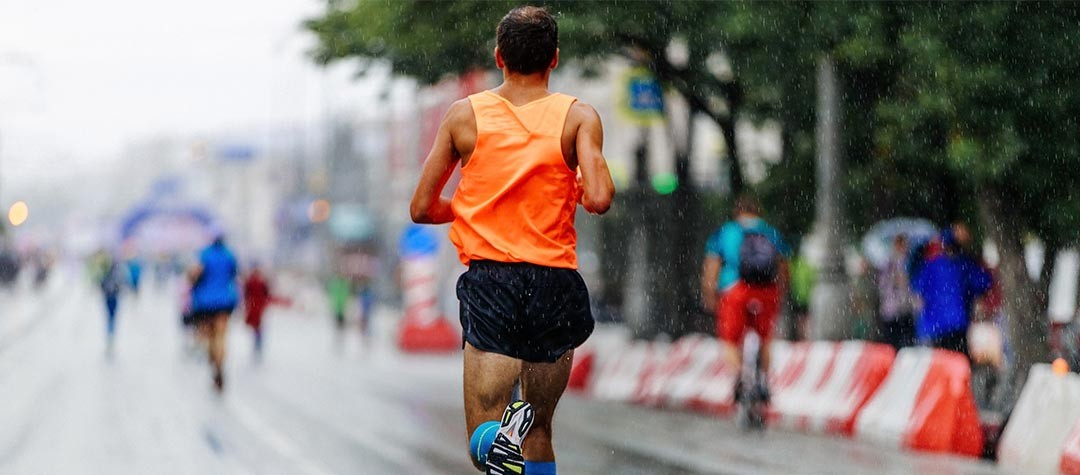If you're running to lose weight but aren't getting results, don't panic. There are several reasons why this could be happening - Scott Overall, explains here.
1. How long are your runs?
The length of your runs might need to increase to get the real weight loss benefits. It is all very well going out for a 10 minute jog, but if you still eat the same amount of food (perhaps junk food), any gains you make by running will be immediately lost by the food you eat. If you can go running for maybe 30 minutes, three times a week you should find this will help the weight fall off. You will of course reach a plateau where you will not continue to lose weight without eating less or running more, and only one of those I would recommend. You should be running and eating a healthy diet, replacing the calories you've burnt with nutritious food instead of cakes and sweets.
2. Are you building muscle?
The more you run the more muscle you are going to build, and replace the fat. However if you are constantly on the scales this is not going to give you a true reflection of your fitness/health. Muscle weighs more than fat, but it is of course more healthy. So even though you might look at the scales and not be happy, just remember that you are certainly fitter and better for it.
Weighing yourself every day probably isn't the best idea to accurately measure your weight loss. All you are going to be measuring is the fluctuations in your hydration levels, the more running you are doing the more water your body is going to store.
3. Are you running at high enough intensity?
If you are going out the door three times a week and just running one pace you are more likely to hit a plateau quicker than you think. The initial weight loss will come quickly, and then you will struggle to lose any more. The reason for this is because you are simply not running to a high enough intensity. What I mean by this is that you may have become quite comfortable going out and running a relaxed pace, but clearly you will burn more calories by running faster.
However, this is where your fitness will come into play - you may not be able to run the whole run at a faster pace, so break it up into segments. Go out the door, run your usual pace for 10 minutes so that you are adequately warmed up, and then do a fast 30 second effort before going back to your steady pace and repeat this for 5-10 minutes. These fluctuations in pace will increase your heart rate, you'll work harder, and the end result will be you will use more calories.
4. Try fuelling on fat
When training for a marathon there are some runners that change their diet completely so that their body changes the fuel that it uses, instead of burning carbohydrates it will burn fat. To do this runners will severely limit their intake of carbs, when there are no carbs to burn the body then uses the fat stores. This is great of the marathon because no one has enough fuel in their body to power them for the whole 26.2 miles, without taking on board extra carbs (energy drinks, gels, etc).
By burning fat you have a supply there that contains more energy and burns more slowly than carbs - again, great for the marathon. This is an extreme example but running on limited carbs can help burn fat. I would also talk to a coach or a nutritionist before starting that.
5. Focus on health not on weight loss
At the end of the day your weight is just a number on the scales, what really matters is how you feel about yourself and what is going on inside.The more running you do the healthier you are going to be, with increased lung capacity, stronger heart, and you should feel much better about your overall fitness. It shouldn't matter how much you weigh, as long as you're healthy.















